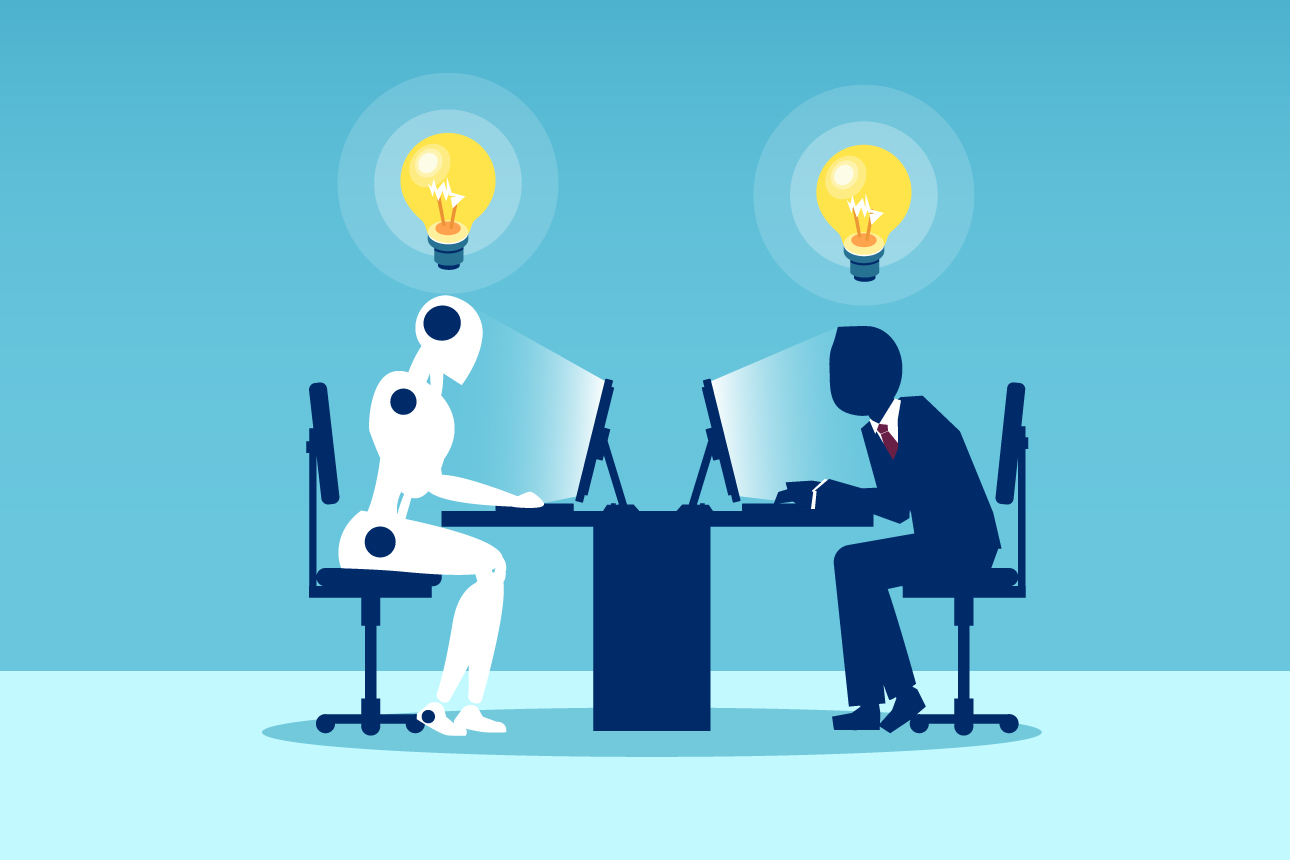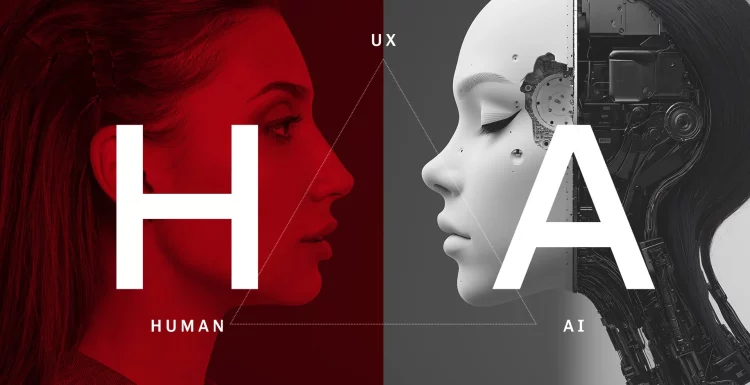In the age of artificial intelligence, decisions that were once thought to be purely human—ranging from personal life choices to critical business strategies—are now increasingly being made by algorithms. Whether it’s in healthcare, finance, entertainment, or even daily life, AI systems are steadily encroaching on areas traditionally governed by human intuition, judgment, and experience. But what happens when AI makes better decisions than us? Is it a sign of our intellectual inferiority, or a new era of collective human progress? This article dives into the evolving relationship between humans and AI decision-making, exploring the risks, rewards, and profound implications of trusting machines over ourselves.
The Rise of AI Decision-Making
Artificial Intelligence has evolved from an experimental field of study to a force that permeates nearly every aspect of modern life. From self-driving cars to recommendation systems on streaming platforms, AI is everywhere. Machine learning, a subset of AI, enables systems to learn from vast amounts of data, allowing them to make decisions based on patterns, predictions, and optimizations that might be beyond human capability. AI systems can analyze thousands, if not millions, of variables in real-time, making them particularly effective at tasks that involve complex, dynamic decision-making.
Take, for example, the financial sector. AI is increasingly being used to make stock market predictions, assess risk, and even design trading algorithms. In these high-stakes environments, where a split second can make the difference between profit and loss, AI can process far more data than a human trader ever could. In fact, in some cases, AI models have been shown to outperform human traders by making quicker, more data-driven decisions that lead to higher returns.
The healthcare industry provides another powerful example. AI systems are now capable of diagnosing diseases like cancer and heart conditions with an accuracy that rivals, and sometimes exceeds, that of human doctors. For instance, AI algorithms can analyze medical imaging with such precision that they can detect early signs of tumors or abnormalities that might be overlooked by even experienced radiologists. This has the potential to drastically improve patient outcomes and reduce the incidence of misdiagnosis.
As these examples demonstrate, AI’s ability to process vast amounts of data, identify patterns, and make decisions in real-time is beginning to outpace human decision-making in many fields. But is this always a good thing?
When AI Outperforms Humans: The Pros and Cons
The Pros
- Speed and Efficiency: One of the most obvious advantages of AI decision-making is speed. AI can process and analyze data far faster than any human, allowing for quicker decision-making. In fast-paced industries like finance, healthcare, and logistics, this can translate into significant advantages—whether it’s executing stock trades, diagnosing diseases, or optimizing supply chains.
- Accuracy: As AI algorithms are trained on vast datasets, they can often recognize patterns and correlations that humans may not. In areas like medical diagnostics, for example, AI can detect subtle signs in medical images or genetic data that might be imperceptible to even the most experienced professionals. This ability to catch small details often leads to more accurate decisions, reducing human error.
- Data-Driven Decision Making: AI makes decisions based on data, removing the subjectivity and potential biases that humans bring to the table. While humans are influenced by emotions, cognitive biases, and past experiences, AI’s reliance on data ensures that decisions are made according to logic and statistics. This can result in more consistent and objective outcomes.
- Handling Complexity: Many modern problems are incredibly complex and multifaceted, with hundreds or thousands of variables to consider. AI systems excel in these environments, where traditional human decision-making can be overwhelmed. For example, in climate modeling or predicting the trajectory of a pandemic, AI can analyze countless variables to provide predictions that would be difficult, if not impossible, for humans to replicate.

The Cons
- Loss of Human Intuition: While AI is capable of making highly logical decisions, it lacks the emotional and intuitive understanding that humans bring to the table. Decisions involving ethics, empathy, and human relationships can be difficult for AI to navigate. For example, in healthcare, while an AI might recommend a treatment based on clinical data, it might not fully consider the patient’s personal preferences, social context, or emotional state. Human doctors can provide the “human touch” that AI cannot replicate.
- Dependency and Trust Issues: As we begin to rely more heavily on AI, there’s a risk of developing a dependency on these systems, potentially diminishing our own decision-making abilities. If AI is consistently making better decisions, humans might begin to trust it blindly, leading to a loss of critical thinking skills and personal judgment.
- Bias in Algorithms: Despite their reputation for objectivity, AI systems can be biased. AI algorithms are only as good as the data they are trained on, and if that data reflects historical biases or inequalities, the AI may perpetuate these same issues. For instance, an AI system trained on biased hiring data might unintentionally discriminate against certain demographic groups, even if the intention is to be fair.
- Lack of Accountability: AI decisions are often viewed as being “black-box” decisions, meaning it’s difficult to understand how the system arrived at a particular conclusion. This lack of transparency makes it hard to hold anyone accountable when things go wrong. For example, if an AI system in a self-driving car makes a poor decision that leads to an accident, who is responsible? The developer of the AI? The manufacturer of the car? The owner of the car? These are difficult questions that society will need to grapple with as AI systems become more widespread.
Human-AI Collaboration: The Best of Both Worlds?
While the idea of AI making better decisions than humans may seem like a dystopian future, it doesn’t have to be. In fact, many experts argue that the ideal future lies not in replacing human decision-makers with AI, but in combining human intuition and creativity with AI’s computational power and precision. This collaborative approach can result in better outcomes than either humans or AI could achieve alone.
In the field of medicine, for example, AI can help doctors make more accurate diagnoses by analyzing medical data and suggesting potential treatments. However, doctors still play a crucial role in discussing treatment options with patients, considering their emotional and social circumstances, and making final decisions based on their own expertise and experience. This combination of human empathy and AI precision has the potential to create more holistic and effective care.

Similarly, in business, AI can assist decision-makers by providing data-driven insights and predictions, but human leaders are still needed to interpret these insights within the broader context of the company’s mission, values, and long-term strategy. AI can handle the heavy lifting of data analysis, but human leaders provide the vision and direction.
The future of decision-making, then, may not be about AI replacing humans, but rather about humans and AI working together to make better, more informed decisions.
Ethical Considerations: Who Decides When AI Makes the Call?
As AI begins to take on a more prominent role in decision-making, ethical concerns become increasingly important. Who should be responsible for the decisions made by AI? What ethical guidelines should govern AI’s actions? And how do we ensure that AI is used for the benefit of all, rather than just a select few?
These questions are already being raised in areas like autonomous vehicles. If an AI system in a self-driving car must decide whether to avoid a pedestrian at the cost of injuring its passengers or vice versa, what is the “right” decision? These types of ethical dilemmas are difficult for both humans and machines to navigate, and they require careful consideration of human values, rights, and safety.
Moreover, as AI systems become more advanced, there is the risk of them being used for malicious purposes. AI decision-making can be exploited to manipulate people, spread misinformation, or even wage cyber warfare. Ensuring that AI is developed and deployed ethically will require strong oversight, transparency, and accountability.
Conclusion: The Future of Decision-Making in a World Dominated by AI
The question of whether AI can make better decisions than humans is not just a theoretical one—it’s already happening. From healthcare to finance to entertainment, AI is making decisions that have a direct impact on our lives. But while AI’s ability to process vast amounts of data and make quick, accurate decisions is impressive, it’s not without its limitations. The key challenge going forward will be finding the right balance between human intuition and AI precision.
As we move into an era where AI plays an increasingly central role in decision-making, the goal should not be to replace humans, but to enhance our decision-making capabilities. By combining human judgment with AI’s analytical power, we can unlock new possibilities and create a future where both humans and machines work together for the greater good.











































Discussion about this post